
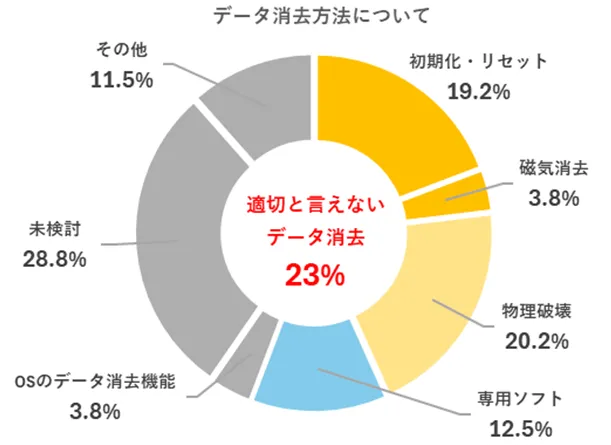
Current Practices in GIGA School Device Disposal Reveal Potential Data Leakage Risks
Current Practices in GIGA School Device Disposal Reveal Potential Data Leakage Risks
The GIGA School program, initiated by the Japanese government, aims to expand digital learning by providing technological devices to students. As we approach peak disposal periods post-2025, a recent survey conducted by the Japan Data Privacy Association has uncovered several alarming trends regarding the disposal and data erasure practices among educational boards. With the rise in digital learning comes the responsibility of ensuring that personal data is not compromised during the disposal of outdated devices.
Survey Overview
The vast majority of the educational boards across Japan participated in a survey aimed at assessing the current state of data disposal methods. This survey received responses from 1,787 boards with a total of 104 valid responses, focusing on data erasure methods and associated costs. As per the findings, a pressing need for reliable and secure disposal methods has become crucial to prevent data leakage incidents.
Findings on Data Erasure Methods
The survey unveiled that a significant number of educational boards are still applying inadequate methods to erase data from disposed devices. Nearly one-fourth of respondents admitted to using techniques such as factory resets or magnetic erasure, which do not guarantee the complete removal of data. Only 12.5% of the boards utilize specialized software designed for secure data erasure, raising concerns about the potential risks of data recovery from these devices after disposal.
With cases of data leakage involving GIGA devices already reported, it is evident that some educational institutions are not fully equipped to handle the sensitive information contained within the devices they manage. The findings suggest that a lack of awareness about optimal data erasure methods is contributing to this risk. As these practices could compromise the privacy of students and their families, immediate action is necessary to improve protocols across the nation.
Challenges in Data Erasure Oversight
Another critical finding from the survey indicates that over one-third of boards are exploring data erasure methods that do not allow for the logging of these processes. Without a tracking system, it becomes nearly impossible to verify whether data has been effectively erased from devices. This absence of accountability underscores the urgent need for a robust selection process when choosing contractors for handling device disposal.
The Ministry of Education, Culture, Sports, Science and Technology has updated guidelines to mandate the use of specialized software for data erasure. However, with many boards indicating that they are currently unable to generate logs for each device, the implementation of these protocols is hindered. Establishing a standardized, verifiable procedure for data erasure is essential in ensuring student data remains confidential.
Budget Constraints for Data Disposal
Compounding the issue is the financial aspect related to the disposal of these devices. The survey revealed that less than one-third of educational boards have secured budgets specifically for outsourcing data erasure tasks. Additionally, only 25% plan to include disposal costs in their future budgets, indicating a serious concern regarding the funding needed to execute adequate disposal practices.
The reluctance of boards to allocate sufficient resources for this critical task exposes gaps in the system. The findings highlight a need for financial strategies to ensure that educational institutions can engage reliable operators for the safe disposal and erasure of data from GIGA devices. Failure to prioritize budget allocation for these services can create significant liabilities concerning student privacy and data integrity.
The Road Ahead
As the landscape of digital education continues to evolve, educational boards must take proactive measures to ensure the safe disposal of GIGA School devices. A comprehensive plan that involves raising awareness about secure disposal methods, establishing clear accountability processes, and prioritizing budget allocation is crucial.
The Japan Data Privacy Association hopes to work collaboratively with educational institutions to address these pressing issues and allow for secure and responsible management of student data. Additionally, it is essential for all stakeholders to understand their role in safeguarding the data privacy of students to foster a safe digital learning environment.
In conclusion, with appropriate measures in place, it is possible to mitigate risks associated with data leakage and ensure that the transition to more advanced digital tools is managed with care and responsibility. It is the duty of the educational sector to safeguard the privacy of students by adopting secure data practices, thereby contributing to a more trustworthy digital future.
About the Japan Data Privacy Association
Founded to promote proper disposal and data erasure practices for GIGA devices, the Japan Data Privacy Association plays a pivotal role in safeguarding student data privacy. Through research, policy-making, and community initiatives, the association seeks to foster an environment where educational entities can thrive in a digitized learning space without compromising personal information.
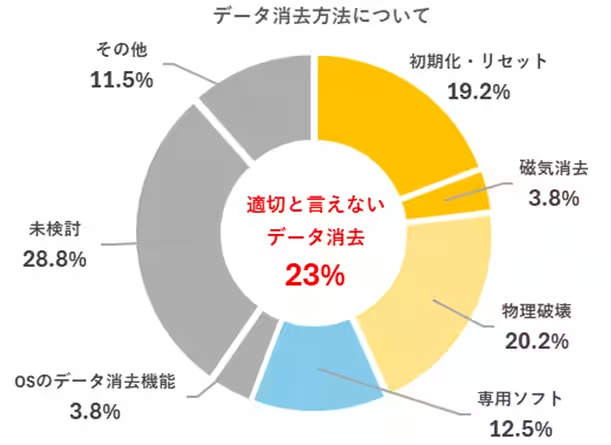
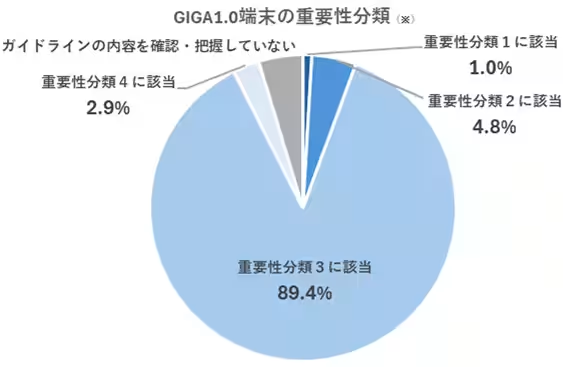
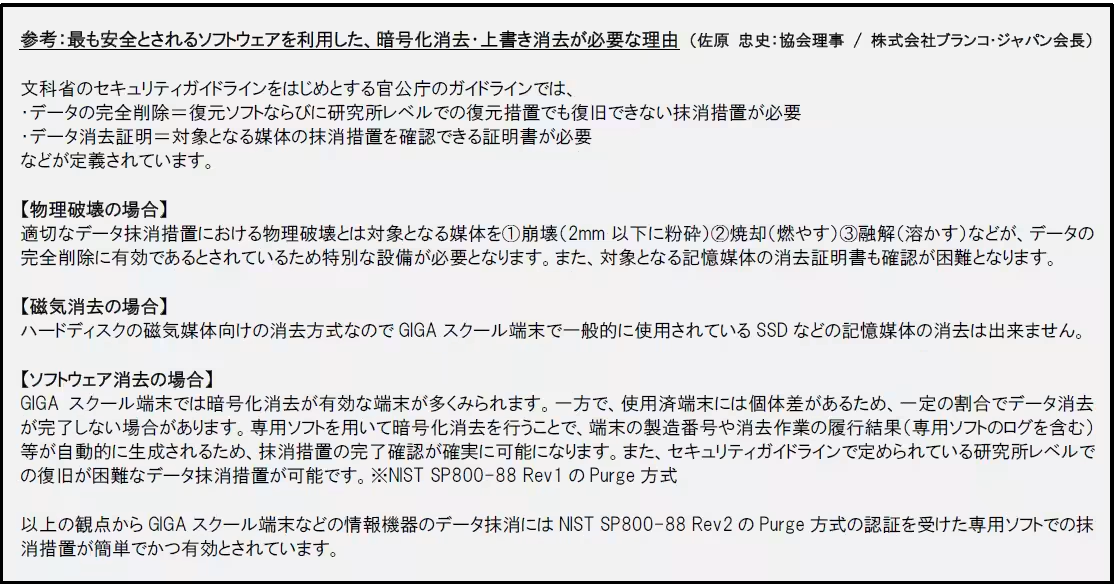
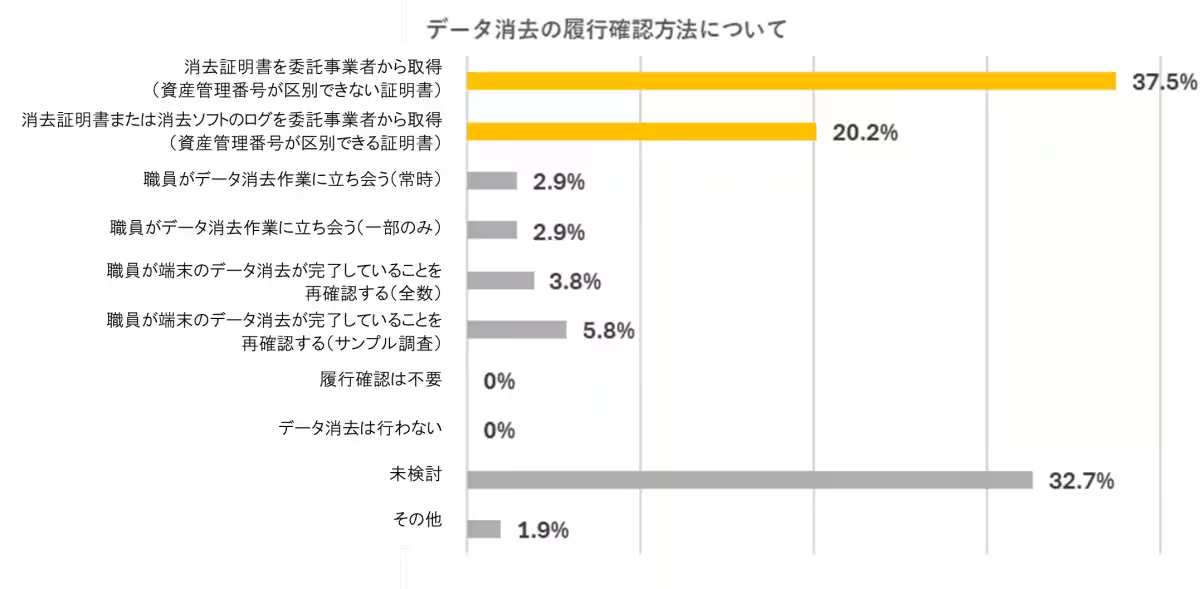
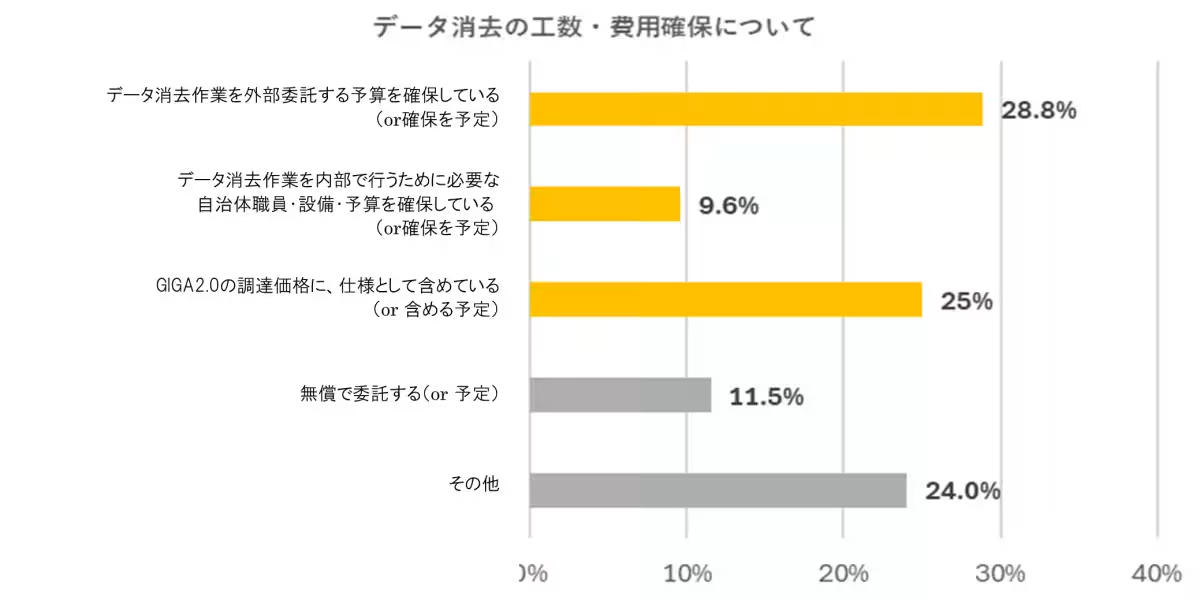
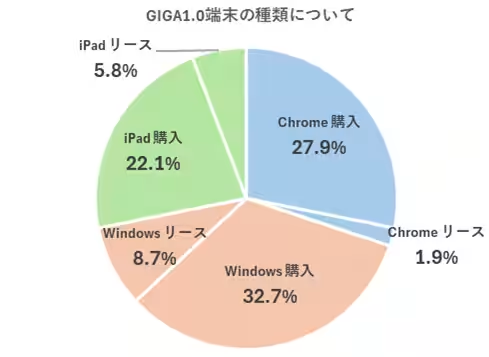

Topics People & Culture)










【About Using Articles】
You can freely use the title and article content by linking to the page where the article is posted.
※ Images cannot be used.
【About Links】
Links are free to use.